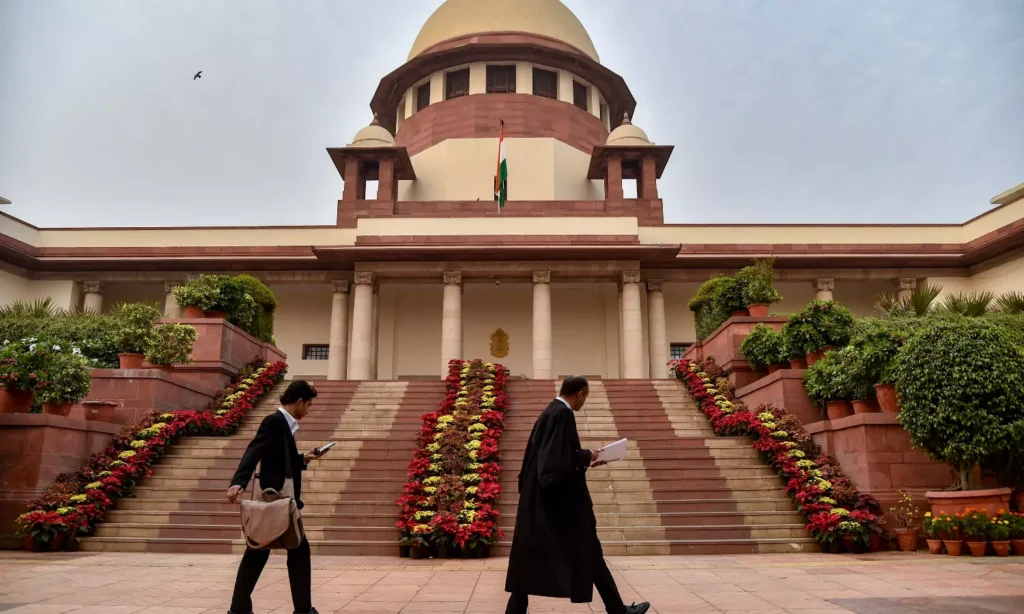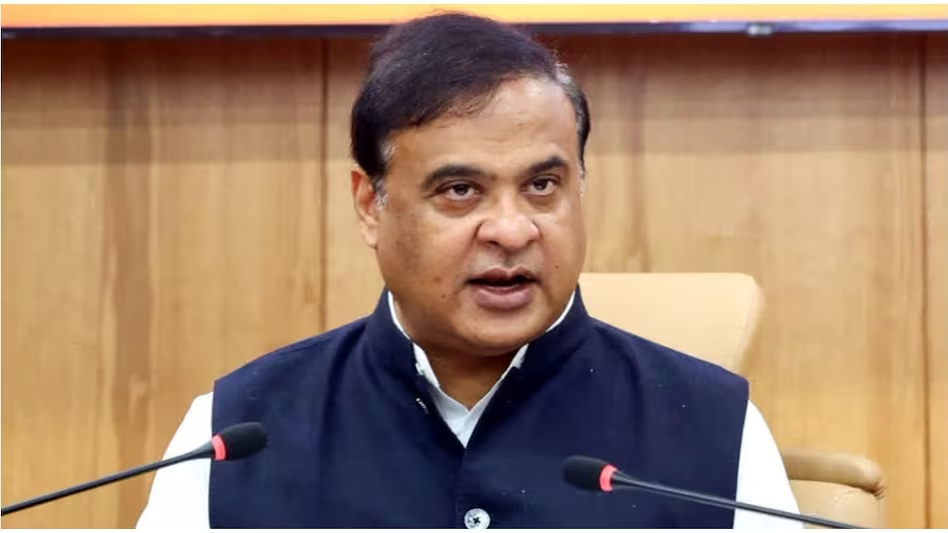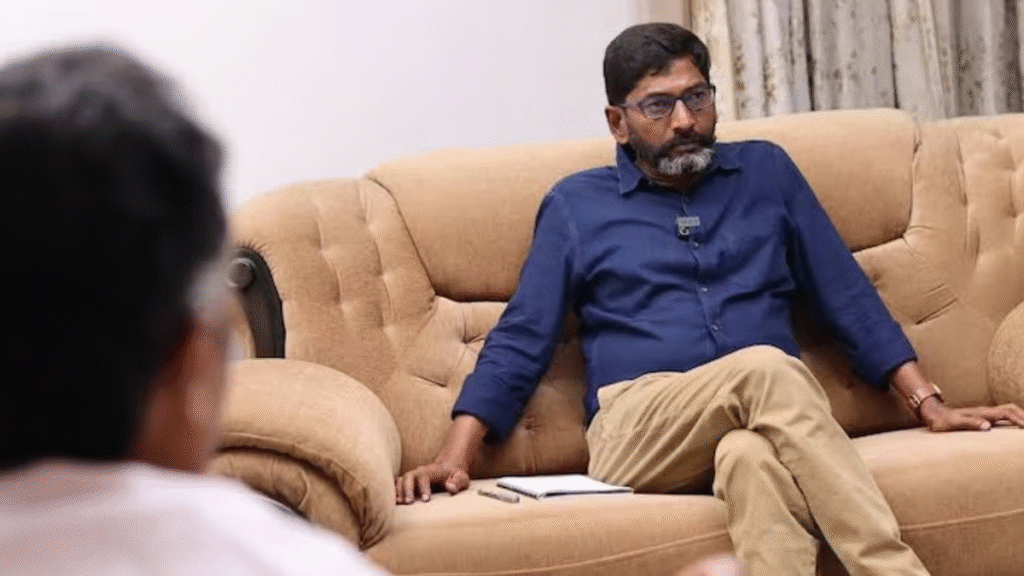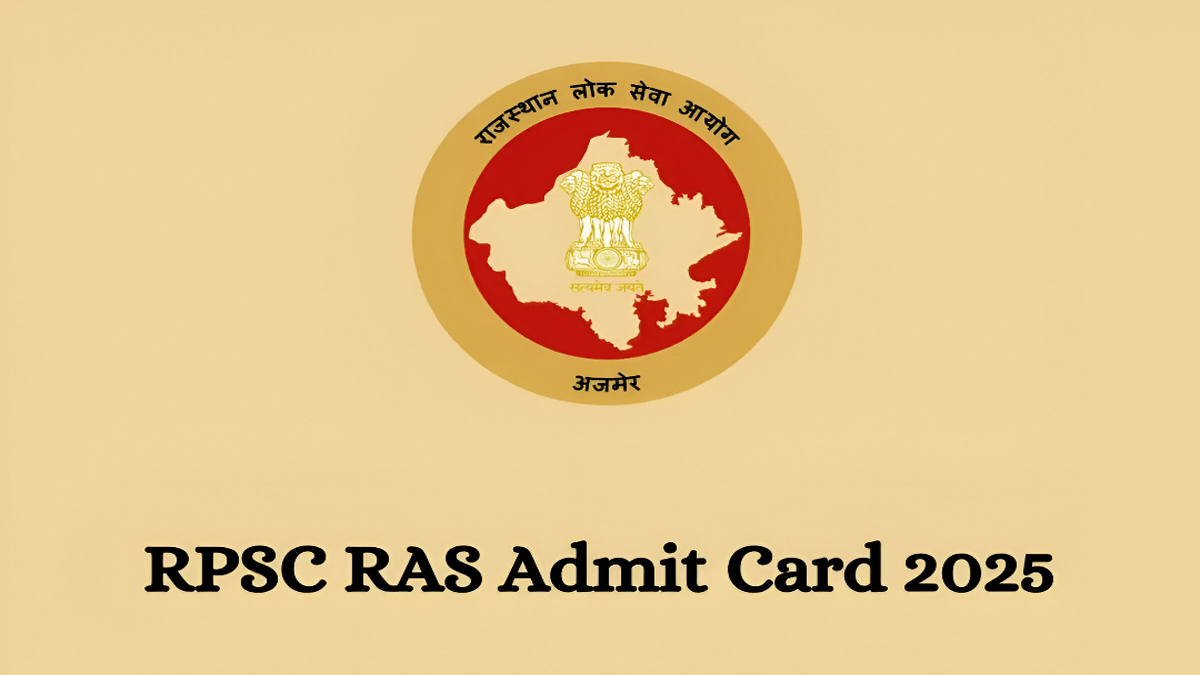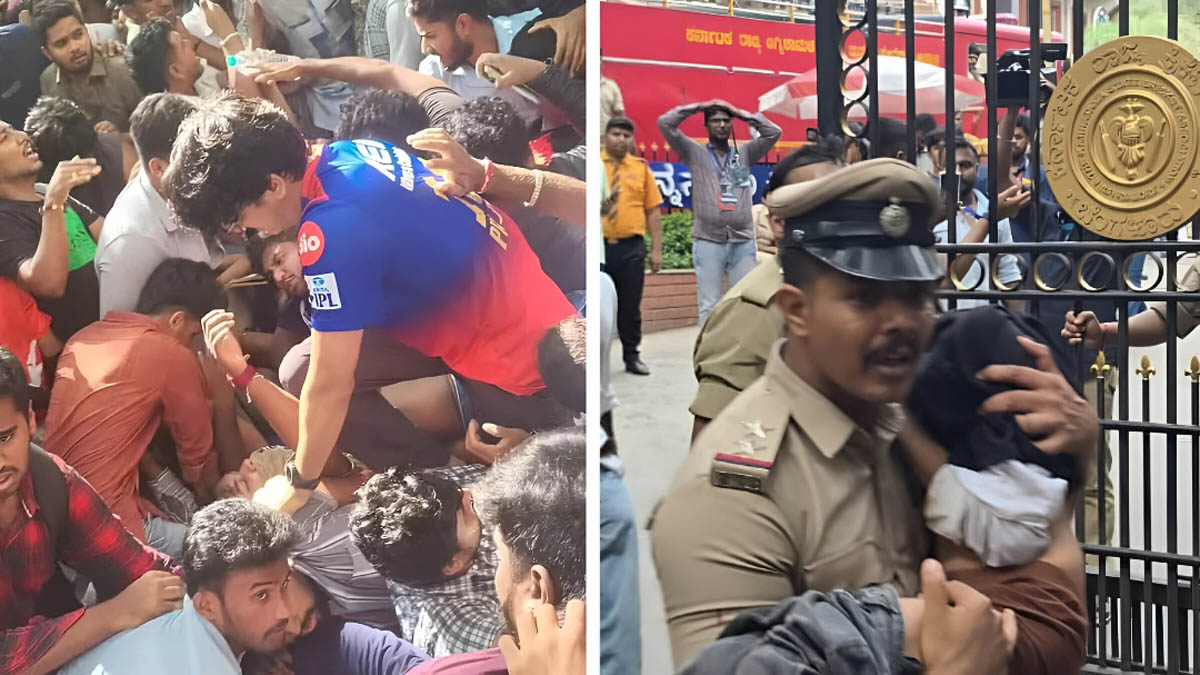Now Reading: Supreme Court Dismisses Waqf Board’s Claim Over Gurdwara in Delhi, Upholding Decades of Functioning Worship Site
-
01
Supreme Court Dismisses Waqf Board’s Claim Over Gurdwara in Delhi, Upholding Decades of Functioning Worship Site
Supreme Court Dismisses Waqf Board’s Claim Over Gurdwara in Delhi, Upholding Decades of Functioning Worship Site

In a significant ruling today, the Supreme Court of India dismissed a long-standing claim by the Delhi Waqf Board over a property in Shahdara, Delhi, which has been functioning as a Gurdwara for several decades. The bench of Justice Sanjay Karol and Justice Satish Chandra Sharma rejected the Waqf Board’s appeal, emphasizing the established presence and use of the Gurdwara at the site.
The dispute dates back to the 1980s when the Delhi Waqf Board filed a suit for possession of the property, claiming it to be “Masjid Takia Babbar Shah” and asserting its status as waqf property since time immemorial. However, the defendant, Hira Singh (now deceased), contested the suit, arguing that the property was sold to him by its owner, Mohd. Ahsaan, in 1953, and had since been used as a Gurdwara managed by a Gurdwara Managing Committee.
Lower courts had previously delivered mixed verdicts. While a trial court initially ruled in favour of the Waqf Board, the Delhi High Court in 2010 dismissed the Board’s suit, noting that it had failed to conclusively prove the property’s status as waqf. The High Court observed that the defendant had been in occupation of the property since 1947-48 and that the plaintiff (Waqf Board) had to establish its own case.
During the Supreme Court proceedings, Senior Advocate Sanjoy Ghose, representing the Waqf Board, submitted that lower courts had indeed acknowledged the prior existence of a mosque. However, Justice Satish Chandra Sharma remarked, “Not ‘some kind of’… a proper functioning Gurdwara, and once there is a Gurdwara, let it be. A religious structure is already functioning.” The Court further advised the Waqf Board to “yourself relinquish that claim.”
This verdict underscores the judiciary’s approach in acknowledging the ground reality of established religious sites and their continuous use. The case highlights the complexities surrounding historical land claims and the burden of proof required to establish ownership and dedicated religious use, especially when a property has been used for a different religious purpose for an extended period.
The ruling also comes amidst broader discussions and legal challenges concerning the Waqf Act, with the Supreme Court currently hearing a batch of petitions challenging the constitutional validity of the Waqf (Amendment) Act, 2025. This particular judgment, while specific to the Shahdara Gurdwara, adds to the evolving jurisprudence on religious property disputes in India, often emphasizing the status quo of functioning religious institutions.

